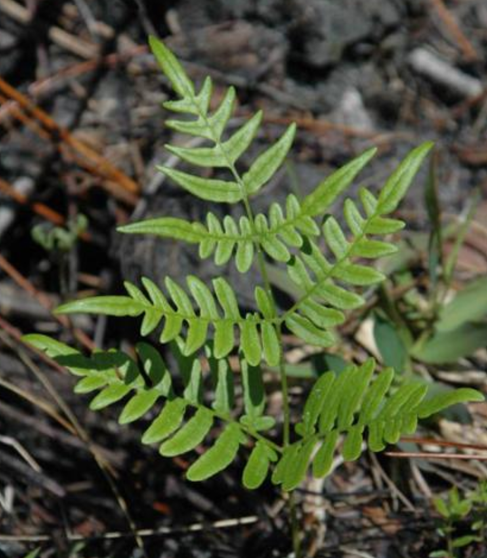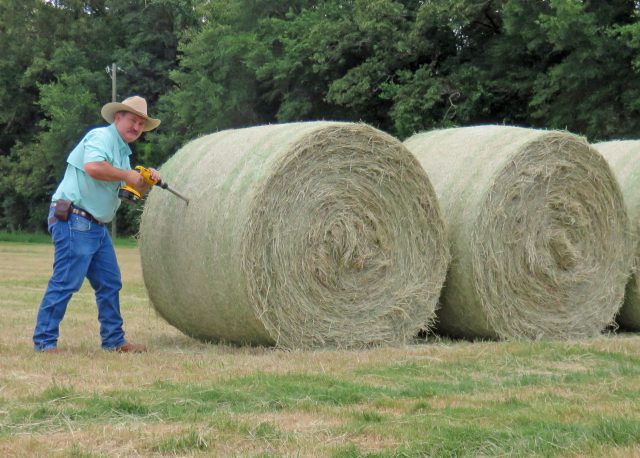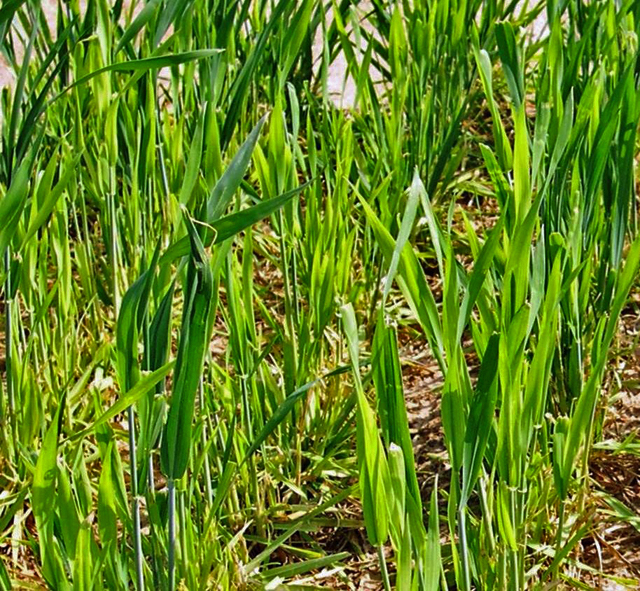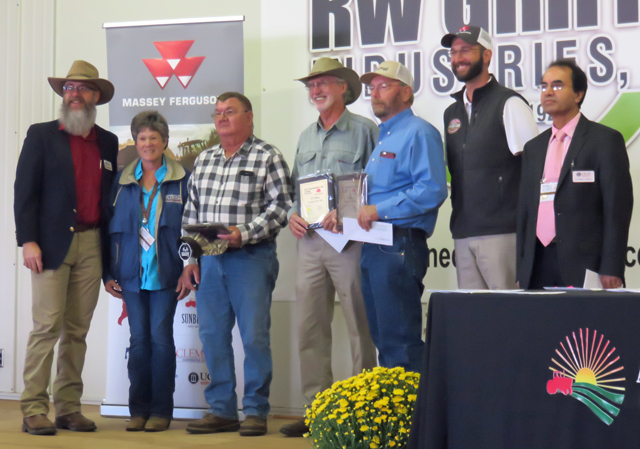
by Doug Mayo | Nov 17, 2017
In early October we shared the first two videos in the “A Cut Above the Rest” video series produced by Massey Ferguson, that features Dennis Hancock, UGA Forage Specialist. This week we share the third and fourth videos in this series that provides helpful tips for...

by Kalyn Waters | Nov 3, 2017
Bracken Fern is a common perennial fern that is found across the United States. Its ability to grow well is both dry and moist soils, as well as along tree lines, in wooded areas, and around buildings, make it a well-adapted species. While all parts of the fern are...

by Doug Mayo | Nov 3, 2017
This week’s featured video was produced by Growing America’s Chad Etheridge, who came over to Marianna last week to make a video about something I have a real passion about. This year farmers and ranchers were forced to harvest over-mature, low quality...

by Cheryl Mackowiak | Oct 27, 2017
Cheryl Mackowiak, UF/IFAS NFREC Soils Specialist As producers near the end of cover crop and cool-season forage planting in the Southeastern U.S., it is time to focus on fertilization. Depending upon your state, extension professionals have establish guidelines for...

by Kalyn Waters | Oct 27, 2017
Caesar’s Weed is a member of the Malvaceae family, which are typically grown for ornamental purpose. Other plants in this family include Hibiscus and Cotton. Caesar’s weed is most commonly is found in disturbed areas, pastures, and perennial crop...

by Doug Mayo | Oct 27, 2017
The winners of the 2017 Southeast Hay Contest were recognized on Tuesday, October 17 at the Sunbelt Ag Expo in Moultrie, Georgia. Seldom Rest Farm, Pulaski, TN was the overall winner with their entry of extremely high quality alfalfa hay with a relative forage...







